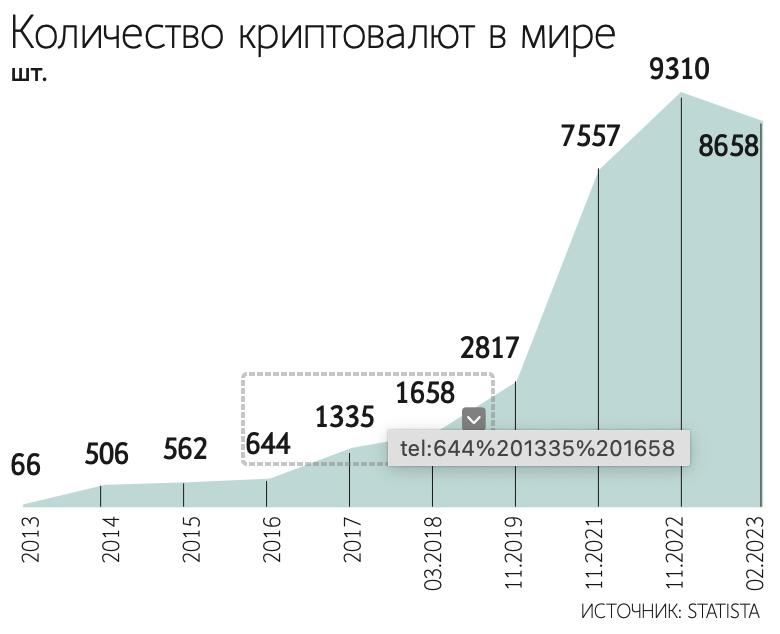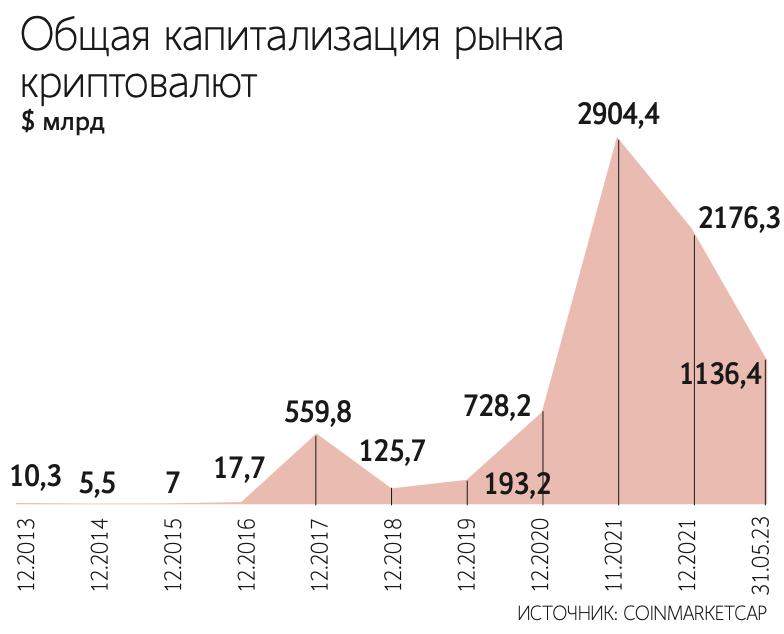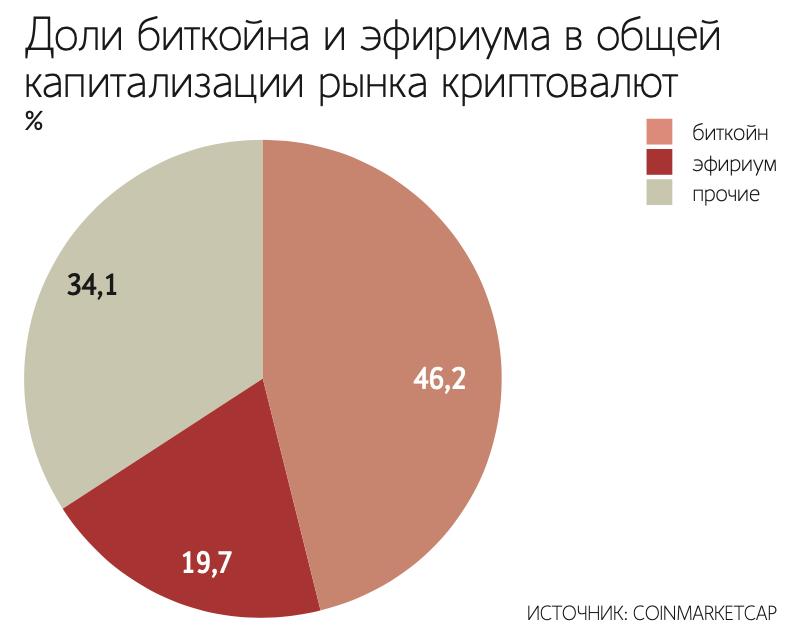Information from Vedomosti Daily said that Rosbank - the first major bank in the Russian banking system has launched cross-border payment solutions in cryptocurrencies. The representative of this bank emphasized that Rosbank will comply with banking policies, laws and regulations of the Central Bank of Russia (BOR). Currently, Rosbank has carried out pilot transactions with corporate and individual customers.
Vedomosti then sent a request for comment to Russia's 50 largest banks, but none of them have confirmed the provision of services like Rosbank. Alexei Voylukov, Vice President of the Association of Russian Banks noted that this is the first time he has witnessed a large bank implement this solution.
The BOR representative later confirmed, the Central Bank's stance on cryptocurrencies has not changed as they do not support crypto trading activities in the country. BOR allows only similar transactions to be carried out outside the Russian infrastructure and used in cross-border transactions. Russian law also has not established a legal basis for the circulation of cryptocurrencies, but the Law on Digital Financial Assets (DFA) has a ban on Russian residents from using this asset to make payments in the future. transactions of goods and services.
How are calculations done?
The technology to support Rosbank's solutions is provided by B-crypto, a fintech services company in Russia that specializes in providing cross-border payment solutions. Evgeny Kaplin, CEO of B-crypto, said that they are also providing technology infrastructure, legal advice and operational processes to participants in foreign trade economic activities (FEA) using blockchain technology. in a " law-abiding " manner.
According to data from the SPARK system, B-crypto was registered to operate in October 2022.

The payment processes of the pilot mode are implemented as follows:
- If a Russian company wants to pay in crypto for imported goods or services, it must in the contract with the supplier demonstrate its ability to pay and specify the crypto wallet used to make the payment. . The foreign partner will then issue an invoice to the Russian company and describe information about the goods and services, as well as report the value of the order in cryptocurrency and provide a receiving wallet address.
- The parties to the transaction will sign a contract, then the importing company will deposit fiat money into an account at Rosbank, and send a request to register for the service. Rosbank will transfer that amount to B-crypto so that the company can buy cryptocurrency at licensed exchanges around the world and finally execute the order to send cryptocurrency to the merchant partner to the specified wallet. determined.
It should be noted that Russian importing companies must conduct KYC processes at Rosbank and B-crypto. The representative of Rosbank did not announce the fee for this payment process.

To clarify mixed opinions about the legitimacy of the new cross-border payment process, Andrey Tugarin, fund management partner at law firm GMT Legal said that B-crypto's operations are fully compliant with regulations. provisions of the law. “The DFA law applies only to exchanges that use elements of Russian information infrastructure, while the service carries out cryptocurrency purchases from exchanges abroad.” he cited.
Niche market for small and medium banks
Trade relations and services supporting import-export contracts have become much more complicated when some parties involved in foreign trade economic activities are forced to use semi-legal and lack of trust crypto wallets to solve the problems. Meanwhile, banks always have strict business processes, ensuring asset safety as well as risk management, including choosing partners.

Currently, the State Duma of Russia is XEM amendments to the DFA law to allow transactions with cryptocurrencies within the framework of the experimental legal regime (sanbox), which is expected to be approved by an organization specially authorized to establish. Mr. Tugarin, an expert from GMT Legal, assessed that these initiatives aim to ensure the ability to transact in cryptocurrencies without depending on foreign suppliers, and at the same time ensure state management of cross-border transactions. The new measure is said to be a simplification of services similar to B-crypto.
Meanwhile, the vice-president of the Russian Bankers Association said that cross-border remittances in cryptocurrencies are a segment belonging to small banks for the needs of small and medium enterprises. According to him, big banks should not rush into this activity because the Liquidity of cryptocurrencies is not enough to carry out international commercial transactions of large companies. So if the volume of transactions in cryptocurrencies in this form is not large enough, it will not be attractive to large banks because it may not bring significant profits.
“In order to work with cryptocurrency transactions, it is necessary to adjust the legal basis, as implementing crypto-related services always comes with risks. However, this is still XEM a promising direction when the demand for such services will be very high, while technology is no longer a problem,” said Sergey Mikhailov – Director of the Chamber of Commerce and Investment. of Absolute Bank stated their views.
Meanwhile, Mr. Volukov doubts that cross-border payment services in cryptocurrencies will create great demand because of the high risks and costs of having to repeatedly switch between crypto and fiat. However, in the condition that payment services are crackdown and impossible to perform, this method is considered suitable and leaves little trace.
However, a representative of Zenit Bank emphasized, they do not see any need to develop such services until a suitable regulatory framework is formed in the country.
Synthetic PCB








